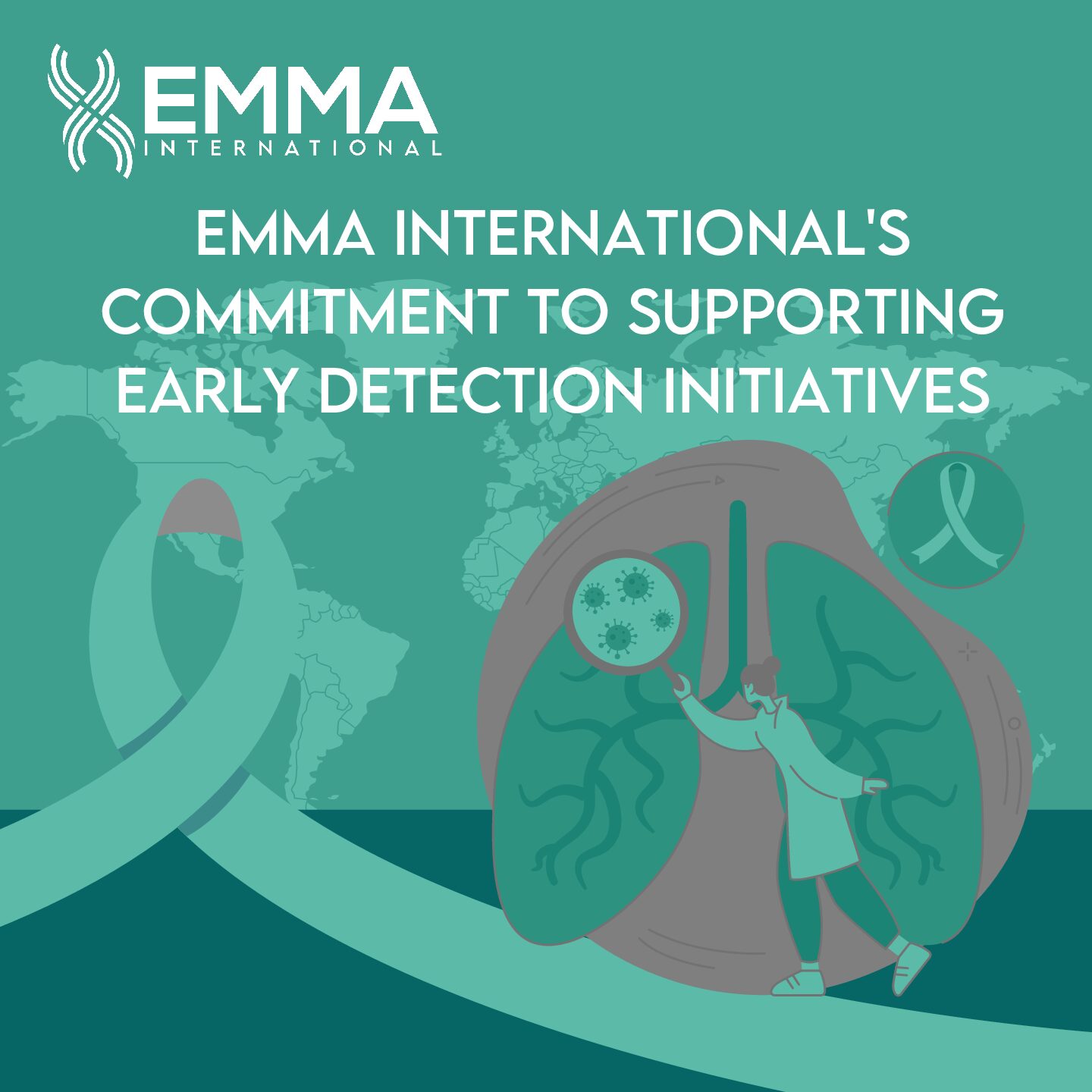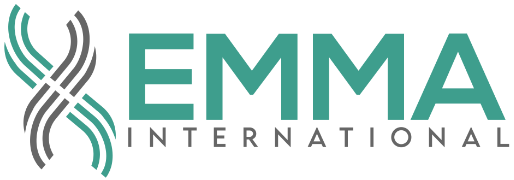Under FDA compliance, to bring a medical device to market, there are a multitude of regulations that need to be accounted for and followed. Many of these regulations fall under the Code of Federal Regulations (CFR), however, others are known as recognized consensus standards. These recognized consensus standards are adopted from the International Organization for Standards (ISO), Clinical & Laboratory Standards Institute (CLSI), American Society for Testing and Materials (ASTM), American National Standards Institute (ANSI), Association for the Advancement of Medical Instruments (AAMI), International Electrotechnical Commission (IEC), or other Standards Development Organizations (SDOs). These standards can either be voluntary or required via being ‘incorporated by reference’ into the regulation (CFR) [1].
For any premarket submissions of medical devices, it is recommended that voluntary consensus standards are followed, as many of these serve as complete performance standards [1,2]. Conformity of these standards can facilitate the premarket process by streamlining it, and ultimately, speeding it up. This also can help the FDA’s internal organization for future medical devices by allowing for more internal comparisons to already approved devices and by augmenting acceptance criteria. Any consensus standards that are voluntarily used should be directly stated on the Center for Devices and Radiological Health (CDRH) premarket review cover sheet [1]. This is applicable to just about any premarket submissions (510(k)s, De Novo requests, premarket approval applications, etc.).
Overall, conforming to recognized consensus standards can facilitate your medical device making it through the premarket approval process quicker. This process can lead to a fair number of back-and-forth requests between you and the FDA. Abiding by these recognized consensus standards can minimize this back-and-forth with the FDA and ultimately, headaches down the road from requests for specific tests not originally completed.
If you need help determining whether your device needs to abide by specific ISO or other SDO standards for FDA compliance, the team of experts at EMMA International can help! Contact us today at info@emmainternational.com or by calling 248-987-4497.
[1] FDA. (2022, November 15). Standards and Conformity Assessment Program. U.S. Food and Drug Administration. https://www.fda.gov/medical-devices/premarket-submissions-selecting-and-preparing-correct-submission/standards-and-conformity-assessment-program
[2] FDA. (2018, September 18). Appropriate Use of Voluntary Consensus Standards in Premarket Submissions for Medical Devices. U.S. Food and Drug Administration.






